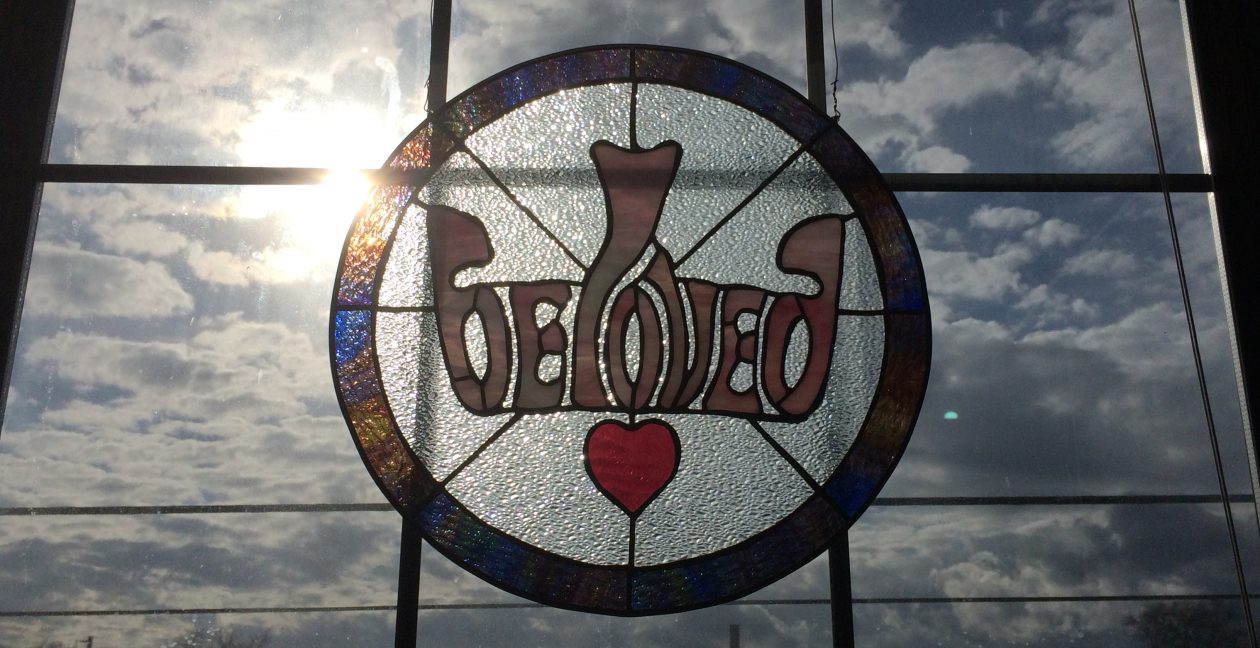In some version of the good old days, a contract could be sealed with a word and a handshake. Children were taught, “Your word is your bond.” This was an agreed-upon community standard that made it possible to trust and be trusted.
After my father’s recent death, I learned that he had a business partner he trusted so implicitly that all it took was one phone call, one word, one handshake, to agree to a new business deal – no lawyers, no spreadsheets, no documentation, no fine print. It worked, for them.
Our children start out trusting our word completely, believing that our word is gold. They believe that we will do what we say, that we mean what we say, that our promises can be trusted. At some point they learn just how flawed our word can be when we fail to protect them, when we fail to show up for them, when they are left to wait and wonder what happened and why? Much like parents’ experience when their children become teenagers and don’t come home on time, and they are left to wait and wonder what happened and why?
It’s a terrible feeling to be lied to, a feeling of betrayal. But what about when we ourselves are not true to our word? What about when we don’t keep our commitments, even the ones we make to ourselves?
Robert Gass of the Rockwood Leadership Institute challenges us to make our word impeccable. Impeccable. Wow. Like, “your word is your bond,” or something crazy like that.
He says we need to make one big list of all of our commitments, large and small. For some, that means combining several well-organized lists into one. For others like me, it may mean gathering up tattered legal pads, scattered sticky-notes, electronic calendars, under-utilized planning apps and the notes I’ve written on my hand.
The end result is not pretty. It quite overwhelming. Gass says that for our word to become impeccable, we have to fully acknowledge to ourselves all the commitments we have made and begin to cross them off our list. Then we need to begin to practice, taking note when we say “Yes,” and practicing saying “No.” We learn to take a breath before saying “Yes.” We learn the freedom in saying “No.”
At Beloved, we often say that “Yes” can be holy only if “No” is equally regarded as holy. I know I would much rather be told “No” than to be told “Yes” and be let down. I would rather someone tell me that they don’t have time to serve on the Church Council than to join the Council only to miss all the meetings. I would rather someone tell me they can’t help out at an event that to agreed and then not follow through. It leaves a sinking feeling in my stomach and sinking hole in the path to progress. The same is true when I fail to be true to my word.
I tend to run a few minutes late. A member of my family thinks that if you are on time, you are late. He believes that being on time is a sign of love – you never have to doubt that I will be here for you. It’s a sign of respect – I don’t value my time over yours. It’s a commitment to doing what you say you will do, when you say you will do it – you can rely on me. Being on time is one aspect of keeping your word impeccable.
In the Hebrew Bible, the Hebrew word “dabar” means both “Word” and “Deed.” This has long fascinated me – a language and a culture in which ‘Word’ and ‘Deed’ are the same thing. Perhaps it was based on the fact that God’s people are made in God’s image. When God speaks, things happen. God speaks new creations into existence. God speaks healing into reality. God’s promises can be trusted. So it should be the same with us. We’re not God, but with God’s help, it’s possible.
That’s a promise.
It’s a promise that can be trusted.

